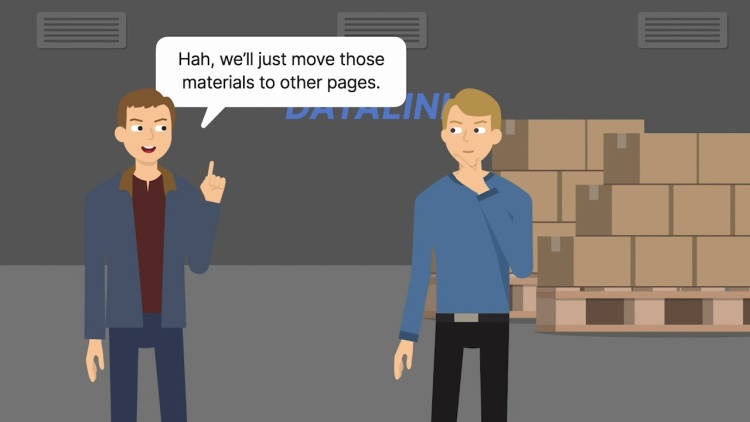Google Inc. v. Equustek Solutions Inc.
Supreme Court of Canada
2017 SCC 34 (2017)

- Written by Sean Carroll, JD
Facts
Equustek Solutions Inc. (plaintiff) manufactured networking devices in Canada. Datalink distributed Equustek’s products. Datalink began relabeling Equustek’s products with a Datalink label and selling the products as if they were manufactured by Datalink. In addition, Datalink acquired Equustek’s trade secrets and manufactured a competing device in violation of Equustek’s intellectual property rights. Equustek obtained court orders prohibiting Datalink from selling the products and continuing to infringe on Equustek’s intellectual property. Datalink ignored the court orders and continued to infringe on Equustek’s intellectual property from an unknown location. Equustek contacted Google Inc. (defendant), and Google agreed to deindex Datalink from its Canadian search engine, google.ca. However, Equustek learned that potential Canadian customers could still go to a Google URL from a foreign country (e.g., google.com or google.co.uk) and obtain Datalink’s infringing product. Indeed, the majority of the sales of Datalink’s infringing product were outside of Canada. Equustek brought suit against Google, seeking an injunction ordering Google to deindex all of Datalink’s websites on all of Google’s search engines worldwide. The trial court granted a preliminary injunction, pending trial. Google appealed, arguing, among other things, that Canadian courts do not have the authority to issue an extraterritorial injunction.
Rule of Law
Issue
Holding and Reasoning (Abella, J.)
Dissent (Cote and Rowe, J.)
What to do next…
Here's why 907,000 law students have relied on our case briefs:
- Written by law professors and practitioners, not other law students. 47,100 briefs, keyed to 996 casebooks. Top-notch customer support.
- The right amount of information, includes the facts, issues, rule of law, holding and reasoning, and any concurrences and dissents.
- Access in your classes, works on your mobile and tablet. Massive library of related video lessons and high quality multiple-choice questions.
- Easy to use, uniform format for every case brief. Written in plain English, not in legalese. Our briefs summarize and simplify; they don’t just repeat the court’s language.





